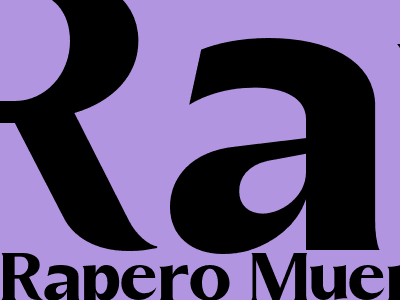Content Marketing: The Ultimate Guide to Creating Engaging Content
What is Content Marketing?
Content marketing is a strategic marketing approach centered around creating and distributing valuable, relevant, and consistent content to attract and retain a clearly defined audience and drive profitable customer action.
Benefits of Content Marketing
- Increased brand awareness and visibility
- Improved search engine rankings
- Enhanced lead generation and conversion
- Stronger customer relationships and loyalty
- Thought leadership and industry authority
Types of Content Marketing
Content marketing encompasses various types of content, including:
Blog Posts
In-depth articles providing valuable information, insights, and perspectives on industry-related topics.
Videos
Engaging videos capturing attention, providing visual storytelling, and delivering compelling messages.
Infographics
Visual representations of data and information that convey complex concepts in a simple and accessible manner.
Social Media Content
Bite-sized, shareable content tailored to specific social media platforms, engaging followers and building communities.
Ebooks and White Papers
Long-form, comprehensive guides delving into specific topics, offering in-depth knowledge and insights.
Creating Engaging Content
Effective content marketing hinges on creating engaging content that resonates with your audience.
Know Your Audience
Identify your target audience's demographics, interests, pain points, and preferred content channels.
Solve an Audience Problem
Focus on creating content that addresses a specific problem or need of your audience, providing valuable solutions.
Be Original and Authentic
Avoid regurgitating existing content; instead, share unique perspectives, original insights, and compelling stories.
Use High-Quality Visuals
Incorporate visually appealing images, videos, and infographics to enhance engagement and break up text.
Optimize for Readability
Write clearly and concisely, using short paragraphs, headings, bullet points, and white space to enhance readability.
Content Distribution
Once you've created engaging content, it's essential to distribute it effectively to reach your target audience.
Content Calendar
Create a content calendar to plan and schedule content publishing across multiple channels.
Social Media
Share your content on social media platforms where your audience is active, promoting and engaging with followers.
Email Marketing
Build an email list and send out newsletters to deliver content directly to subscribers' inboxes.
Collaborations
Partner with influencers, guest post on other blogs, and collaborate with other businesses to reach wider audiences.
Measuring Content Marketing Success
To gauge the effectiveness of your content marketing efforts, track key metrics such as:
Website Traffic
Monitor changes in website traffic, particularly from organic search and social media.
Lead Generation
Track the number of leads generated from your content, including email sign-ups and form submissions.
Conversions
Determine how much of your audience takes desired actions, such as making purchases or signing up for trials.
Engagement Metrics
Analyze engagement metrics like social media shares, comments, and email open rates to measure audience interaction.
Conclusion
Content marketing is a powerful tool for businesses to connect with their target audience, build relationships, and drive growth.
By following the principles outlined in this guide, you can create engaging content that captivates your audience, establishes your brand as a thought leader, and achieves your marketing objectives.

Comments